A startup named Coop has integrated all the essential elements of a smart home into a chicken coop, aiming to provide convenience for poultry owners.
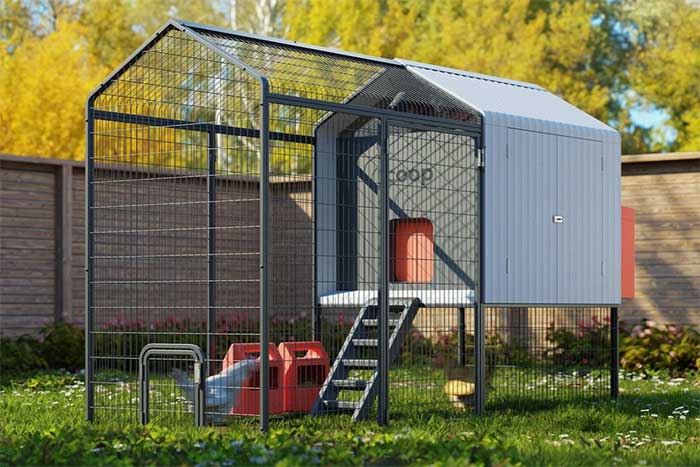
Smart chicken coop model created by the startup Coop. (Photo: Popsci).
Each year, an average American consumes nearly 300 eggs, whether in their basic form or as processed products like baked goods. Therefore, chicken eggs, in particular, and the egg-laying poultry industry as a whole, are extremely important to them.
To address supply chain issues, the startup Coop has integrated all the necessary elements of a smart home into the chicken coop.
The company’s goal is to create a technology ecosystem that simplifies chicken raising for beginners, as well as for those looking to profit from this model.
On average, each hen lays about 5 eggs per week, depending on weather conditions and their health. The aim of the smart chicken coop system is to facilitate this process as smoothly as possible.
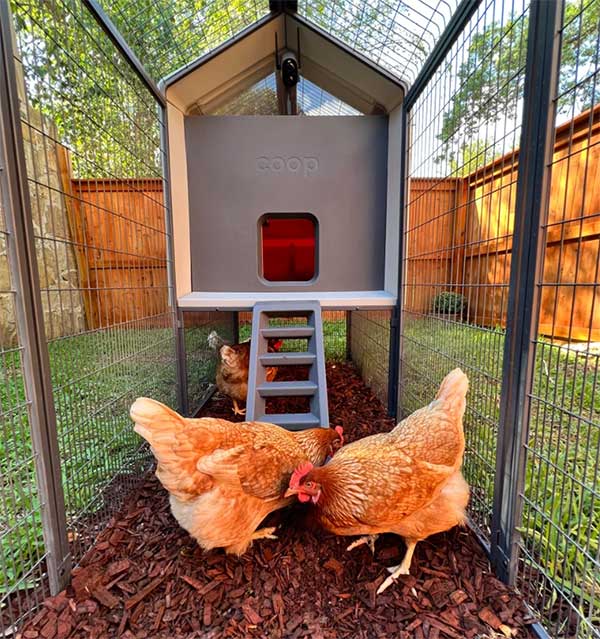
Interior space of the chicken coop. (Photo: Popsci).
The system covers approximately 30 square meters and includes the chicken coop, a grassy area, wire fencing, remotely controlled lights, cameras, and more. This is everything a poultry owner needs to operate everything through an integrated Wi-Fi network.
Every detail, from the perimeter of the coop bars, the height of the feeding trays, the ventilation system, to the airflow, has been meticulously calculated. Furthermore, factors such as temperature, humidity, and environment are also measured and analyzed specifically to ensure the chickens receive proper care and remain healthy.
Cleaning the chicken coop has long been one of the greatest barriers for those wanting to raise chickens, but this has now been addressed with a self-composting waste tray.
The entire system operates automatically, powered by an AI software named Albert Eggstein (inspired by the physicist Albert Einstein).
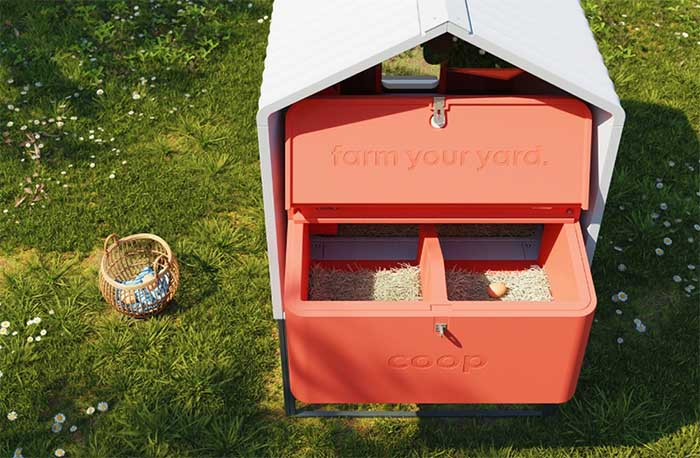
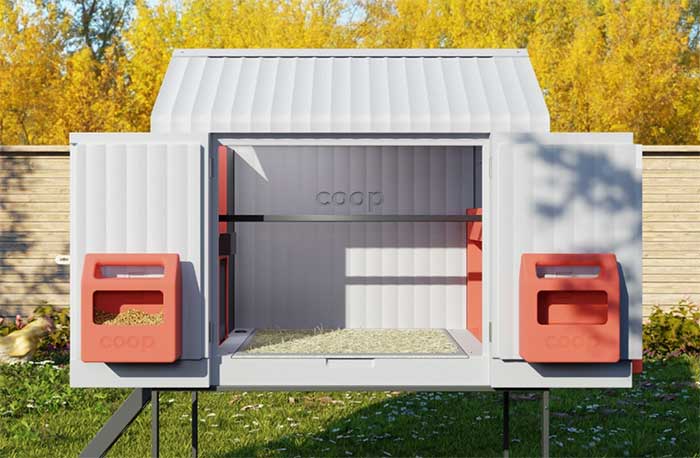
The system for feeding, caring for chickens, and waste management is fully automated with a scientific, clean cycle aimed at ensuring the best health for the chickens. (Photo: Popsci).
This AI can recognize individual chickens and distinguish them based on observed behaviors, sizes, and appearances. It assists users in monitoring health remotely, suggesting appropriate diets, and detecting basic health issues.
The AI can even infer the mood and behavior of the chickens through their vocal pitch and patterns.
All data regarding the chicken-raising process will be condensed into weekly summaries, alerting owners to any abnormal signs along with suggestions on how to address the situation.
The system also helps identify and deter potential predators, such as rats, hawks, foxes, and bears, that may approach the chicken area, ensuring maximum safety for the raised chickens.
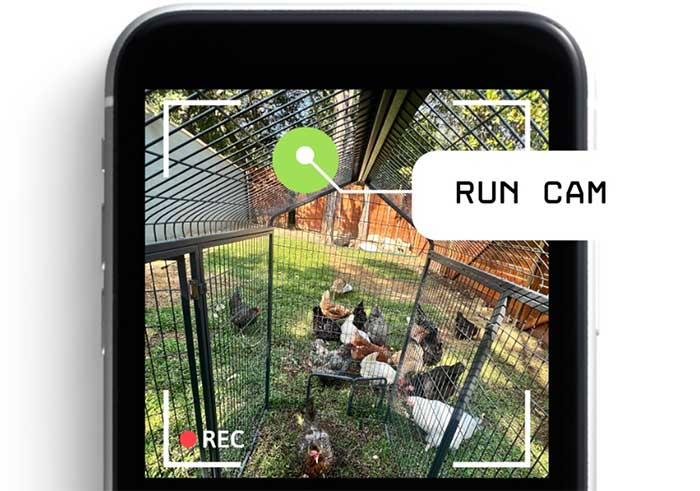
Poultry owners can monitor the entire chicken-raising process through attached cameras. (Photo: Popsci).
According to the research team, the aforementioned AI has been trained on a database of 7 million images and sounds of domestic chickens. Therefore, it is quite comprehensive and can be considered a useful assistant, helping those without prior knowledge navigate the challenging early stages of chicken raising.
Jordan Barnes, co-founder of the startup Coop, stated that the company will add remote health care services for chickens from reputable veterinarians. As a result, users can simply make a video call or share video footage to receive necessary consultations.
“Currently, 56% of our customers have never raised chickens before,” Barnes said. “With this system, we hope that chicken raising becomes easier for beginners, and they will come to enjoy this work.”



















































